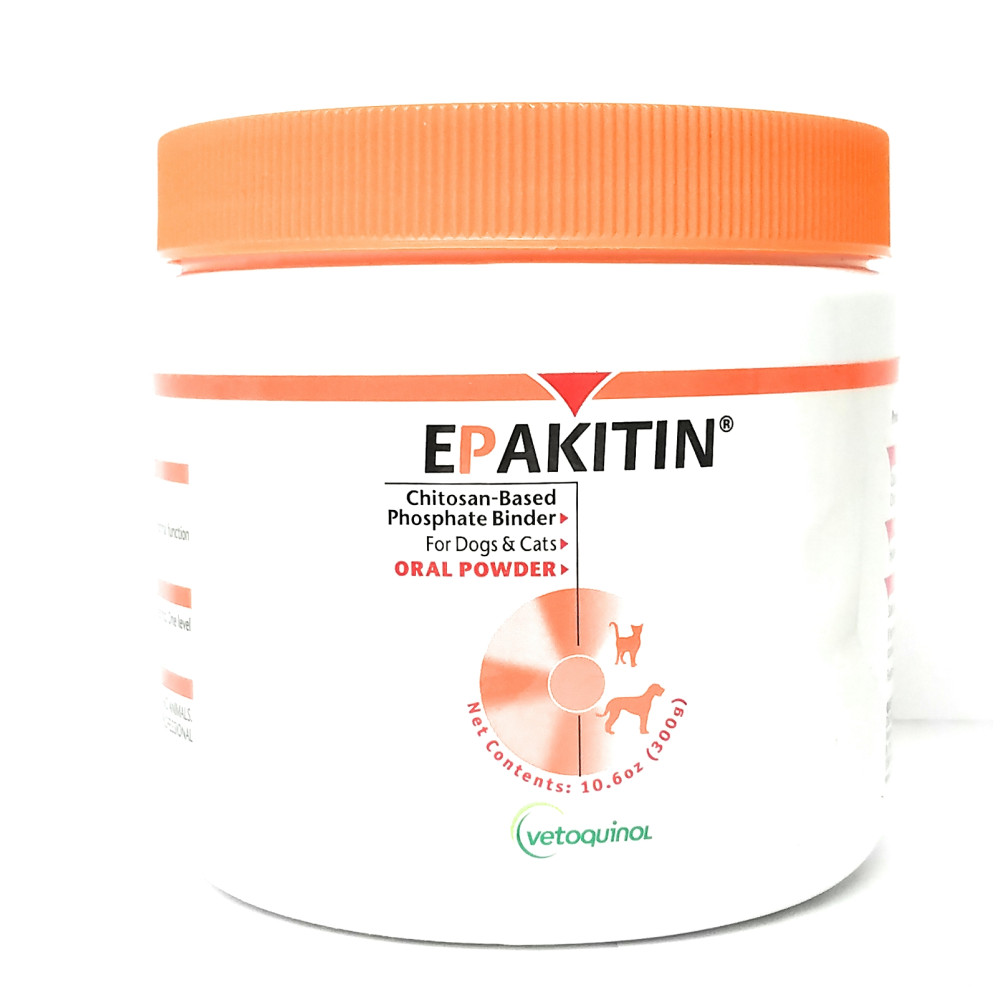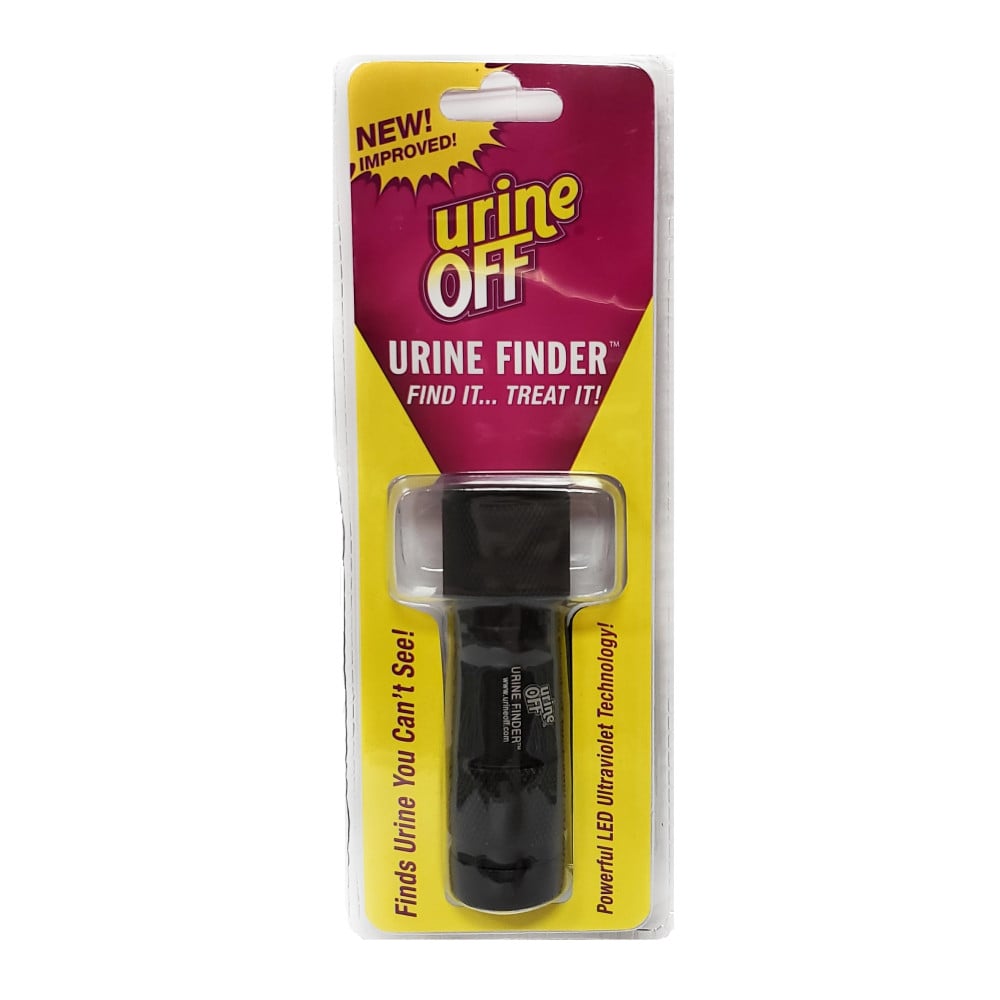Kidney Failure
The kidneys regulate  blood pressure, blood sugar, blood volume, water composition in the blood, pH levels, and produce red blood cells and certain hormones and more. Failure of the kidney can take so place so slowly that the kidney will find ways to compensate as it loses functionality over the course of months, or even years. Dogs can develop acute kidney problems as a result of ingesting poisons,such as antifreeze. Also certain medications, tainted foods, and other toxins. Infection, disease and urinary obstruction can also cause an abrupt decline in function that occurs over a period of time. 
While some kidney problems have an immediate cause that can be treated, chronic kidney disease shows up over a period of time and the reason is harder to determine. Chronic kidney disease develops slowly and affects mostly older dogs. It is often caused by underlying illness and congenital and hereditary conditions. Unexpectedly, the main cause of chronic kidney failure in dogs is dental disease. Bacteria associated with advanced dental disease enter the blood stream and invades multiple organs, causing irreversible damage to the heart, liver and kidneys.
Symptoms & Prevention of kidney disease....
- Change in water consumption (usually more)
- Change in volume of urine produced (can be more or less)
- Depression and listlessness
- Loss or decreased appetite
- Blood in urine
- Mouth ulcers
- Pale gums
- Stumbling, acting drunk
- dehydration
- weight loss and/or muscle wasting
- vomiting or diarrhea (possibly containing blood)
- bad breath (chemical odor)
- difficulty breathing
- poor vision
If your dog shows any of the above symptoms, please take him to the vet right away. Make sure your dog does not have access to potentially dangerous substances and that she is supervised at all times when outside. Do not give your dog any over-the-counter medications without the advice of your veterinarian, and make sure that your dog has access to fresh water at all times. Drinking water keeps the kidneys from working so hard to clean toxins out of the blood. Obviously, good oral hygiene is important to good overall health. Provide lots of chews to keep teeth clean and brush them regularly if you don't. Many older dogs stop chewing, so if this happens know that you will be taking up the slack on their oral health.
If your veterinarian needs to confirm your dog’s diagnosis of chronic kidney failure, he or she may need to run a blood chemistry panel, complete blood cell count, a urinalysis, and blood pressure testing. Generally they will look for:- dilute urine
- elevated blood  urea  nitrogen (BUN)
- increased levels of creatinine in the blood
- anemia (low red blood cell count)
- high levels of phosphorous in the blood
- low levels of potassium in the blood
- high blood pressure
If your dog has been diagnosed with chronic renal failure, your veterinarian will determine whether hospitalization to start treatment is required. Severely affected dogs may need intravenous fluids. Some dogs require fluid therapy to combat  dehydration. This is done by increasing the water content of a pet’s diet (canned foods) and through intermittent  subcutaneous fluid treatment (giving boluses of sterile fluid under the skin). This is not difficult, (we had to do it for our dog Shadow). A needle is inserted under the skin and connected to a hanging bag of sterile water. The water accumulates under the skin where it is absorbed by the body. Your vet may also prescribe a special diet to help promote kidney function and counteract biochemical abnormalities that are occuring in the body.
Preventing further kidney damage...
It is important to identify kidney failure and begin treatment in its earliest stage. Your veterinarian can determine if kidney disease is present and start appropriate treatment. Depending on whether the problem is acute or chronic, treatment may include the following:
- Drugs that encourage urine production
- Fluid therapy
- Management of blood electrolyte abnormalities
- Monitoring of urinary output
- Control of vomiting
- Medication for gastrointestinal problems
- Dialysis
- Dietary management
- Correction of anemia
- Management of high blood pressure
- Therapy for any specific underlying causes identified (example: antifreeze toxicity, infection)
Kidney problems often lead to life-threatening conditions that require immediate hospitalization and treatment. If left untreated, end-stage kidney failure will occur, leading to death. Typical medicines prescribed include:
- Medications to lower blood pressure (e.g., amlodipine or enalapril)
- Nutritional supplements that reduce BUN (Azodyl) and phosphorus levels (Epakitin) in the blood
- Omega 3 fatty acids to protect the kidneys
- Medications to treat or prevent stomach ulcers (e.g., ranitidine, famotidine, omeprazole, sucralfate)
- Potassium supplements
- Aluminum hydroxide to decrease blood phosphorous levels
- Calcitriol to slow the progression of chronic renal failure
- Medications to treat anemia (e.g., erythropoietin or darbepoetin)
- Anti-nausea medications (e.g., maropitant or ondansetron)
Chronic kidney failure is a progressive disease, but the rapidity of the decline can vary greatly between individuals. Some dogs may enjoy good quality of life for many months or even years, while others have to be euthanized soon after diagnosis.













